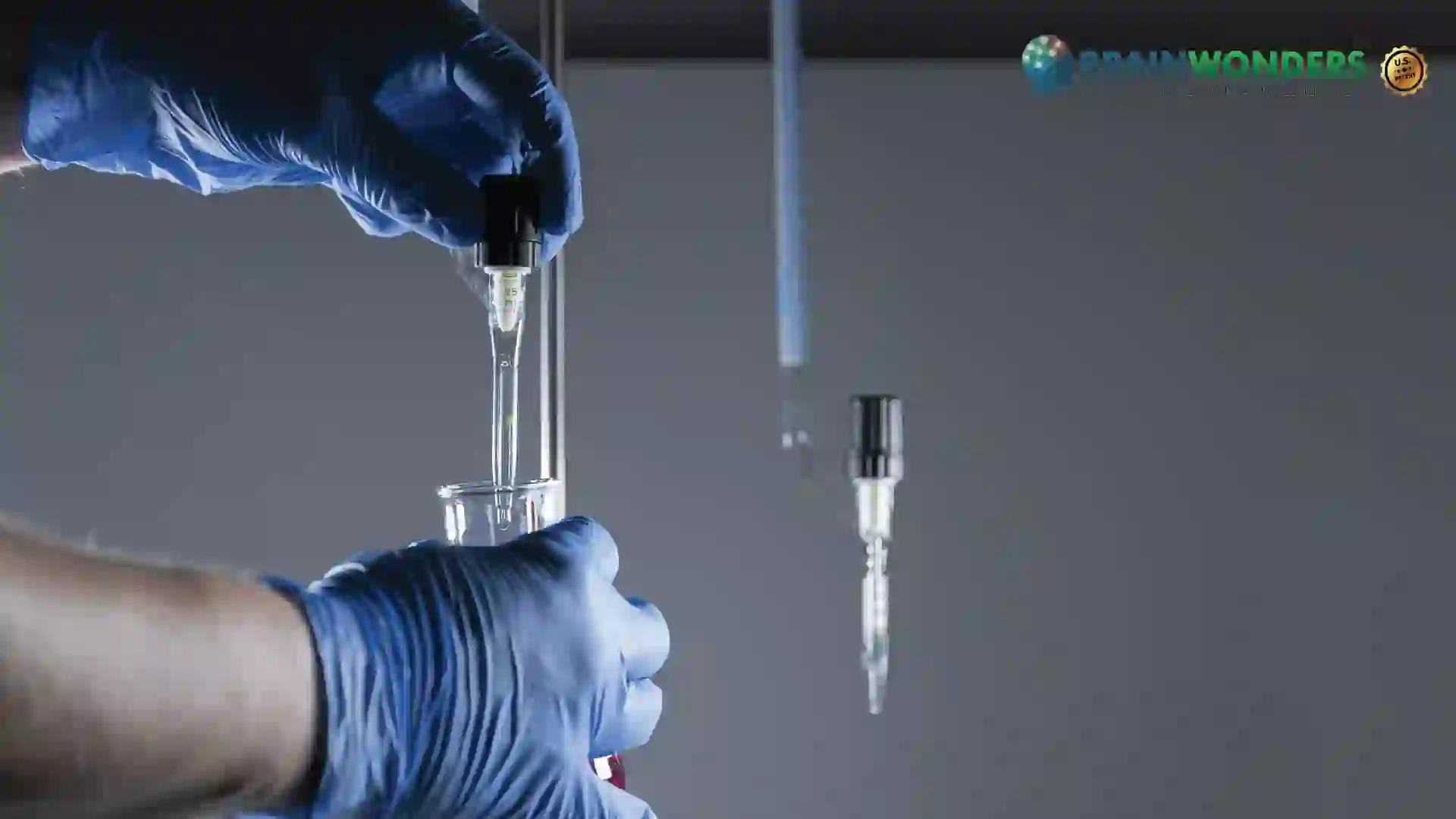How to become a scientist
Overview, Courses, Exam, Colleges, Pathways, Salary

Overview
Who is scientist ?
A scientist is an individual who conducts scientific research to further knowledge and develop solutions to help improve the quality of life of the people. They may generate hypotheses and attempt to verify these by collecting data using different scientific methods and formulating conclusions based on the same. They use evidence-based approaches to investigate various phenomena to find answers to questions regarding the measurable universe. They are responsible for the many new scientific advances, discoveries, and innovations that can transform the lives of many. Scientists combine their expert knowledge of the field with scientific, evidence-based research skills to examine various phenomena to test theories, explore data, or resolve practical problems. They adhere closely to scientific methods that are objective, systematic, reproducible and based on empirical evidence. Scientists are expected to maintain an unbiased and ideologically neutral standpoint in their endeavours. There are multiple types of scientists who utilize their knowledge and research across a range of industries.
Typical day at work
What does scientist do?
The specific job responsibilities of a scientist shall depend greatly upon their employer and the setting of the job. However, below are some of the typical duties common to most scientists:
- Design and execute research programs
- Generate testable hypotheses detailing the assumptions and expected outcomes of the research
- Design methods to verify the hypotheses using a systematic, evidence-based approach
- Drive the implementation of the necessary data collection methods as per the applicable health and safety protocols
- Analyze the data collected and draw inferences and conclusions from the same
- Ensure that confidentiality is maintained while storing and handling sensitive scientific data
- Manage and guide the research team and technical staff
- Present the findings of the research work by writing research papers, reports, articles
- Submit applications for research grants
Abilities and Aptitude needed
What are the skills, abilities & aptitude needed to become scientist?
A scientist must have extensive knowledge of their specialization along with the necessary research skills. This includes being well-versed with the various scientific methods of conducting research, analyzing data, and implementing the findings. Familiarity with the relevant software and devices to collect and analyze data is a must. They need to be inquisitive, dedicated, and self-disciplined to justify their role as a scientist. Ability to prioritize work and effectively manage time are necessary for a scientist to efficiently deliver the output within time constraints. There are certain ethical and legal guidelines of research that a scientist must adhere to. Excellent communication skills are vital to being a scientist as it is needed to work smoothly with a range of professionals as well as to convey scientific information in easy to understand terms through oral presentations and lectures. Their writing skills are incredibly important to prepare original pieces of research that report on the experiments conducted and to promote their own work to secure funding for their research endeavours. They should be relentlessly curious throughout their careers to continually keep themselves updated with the current advances in their scientific discipline.
Salary
Salary for scientist?
Minimum Annual Salary: Entry-level scientists with a bachelor's or master's degree may start with a minimum annual salary of around INR 2,00,000 to INR 5,00,000. At this stage, they will likely work as research assistants or junior scientists in research organizations, government labs, or private companies.
Maximum Annual Salary: Highly experienced and specialized scientists with a PhD and several years of research experience can earn anywhere from INR 10,00,000 to INR 50,00,000 or more annually. These scientists typically hold leadership positions, lead research teams, and have made significant contributions to their field of study.
It's important to note that in some cases, top-tier scientists who have made groundbreaking discoveries, received prestigious awards, or hold influential positions may command even higher salaries, especially in well-funded research institutions or major industry players.
Pathways
How to become an scientist?
Entrance Exam
Entrance Exam for scientist ?
Courses
Which course I can pursue?
Best Colleges
Which are the best colleges to attend to become an scientist?
Industries
Which Industries are open for scientist?
- Pharmaceuticals
- Biotechnology
- Healthcare
- Environmental Science
- Energy
- Aerospace
- Agriculture
- Information Technology
- Academia and Research Institutions
- Government Research
internship
Are there internships available for scientist?
Internships are available for aspiring scientists. Research internships and laboratory internships offer valuable hands-on experience in scientific fields. Academic institutions, research laboratories, government agencies, and private companies commonly provide these opportunities. Scientific internships allow students and recent graduates to work closely with experienced scientists, conduct experiments, analyze data, and contribute to research projects. Internships are instrumental in developing practical skills, understanding research methodologies, and building a strong foundation for future careers in scientific fields. They also provide valuable networking opportunities and can serve as a stepping stone to potential future employment in the scientific community.
Career outlook
What does the future look like for scientist?
The global research output has been growing twice every decade, indicating the increased employment opportunities of scientists around the world. Their work is necessary to drive scientific advancements that alleviate many practical problems that help increase people's standard of living. Scientists can work in a wide range of industries depending upon their specialization, with the most popular disciplines being business scientist, developer scientist, computer scientist, policy scientist, regulator scientist. Scientists are majorly hired by environmental agencies, specialist research organizations, government institutions, pharmaceutical companies as well as government agencies and public-funded research councils to name a few. They can also work in educational institutions as researchers or professors. They can work in various settings, including laboratories, on-site locations, offices, and classrooms depending upon their discipline and employment industry. Their rigorous work often requires extended work hours and occasional travel.



